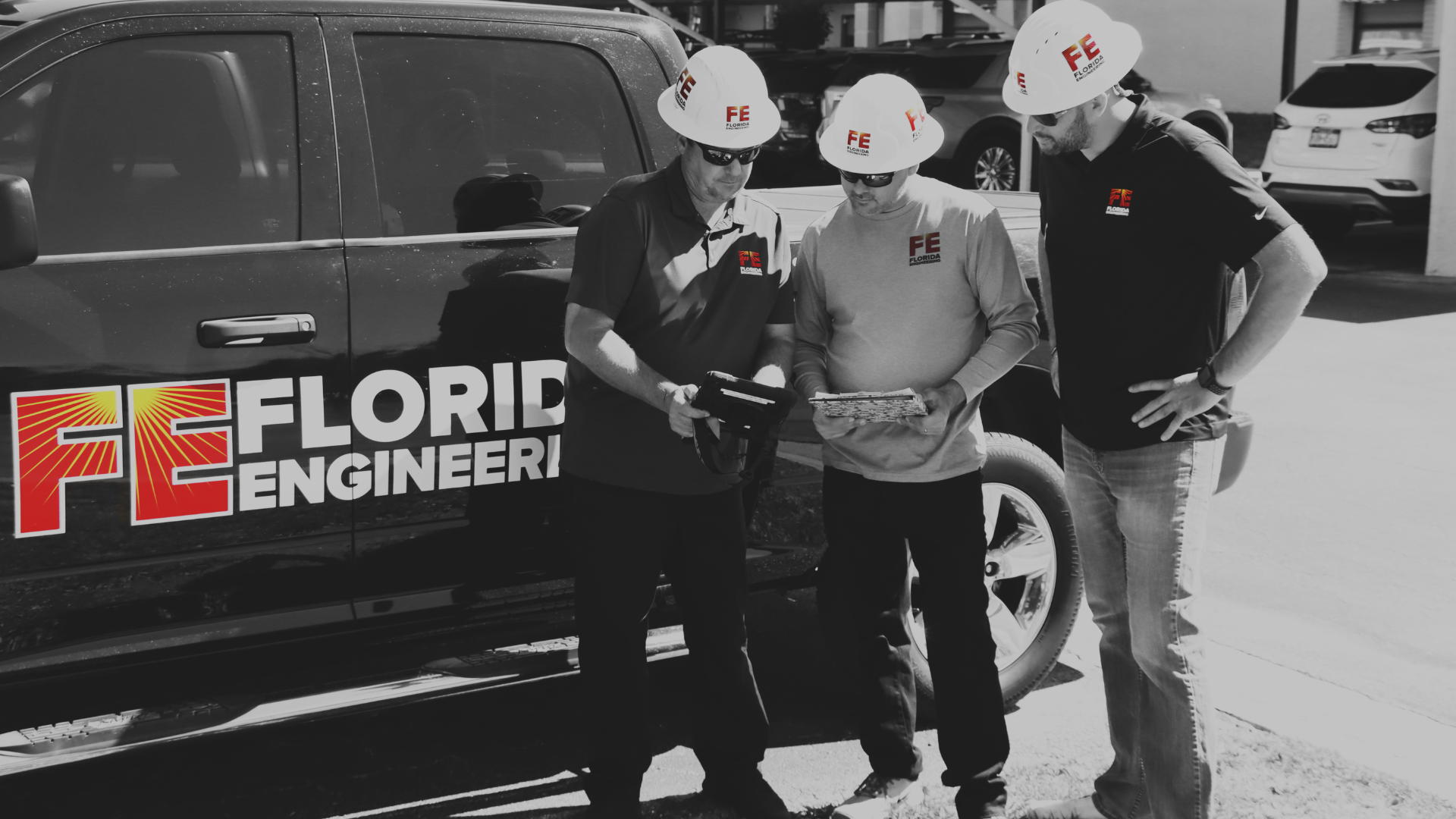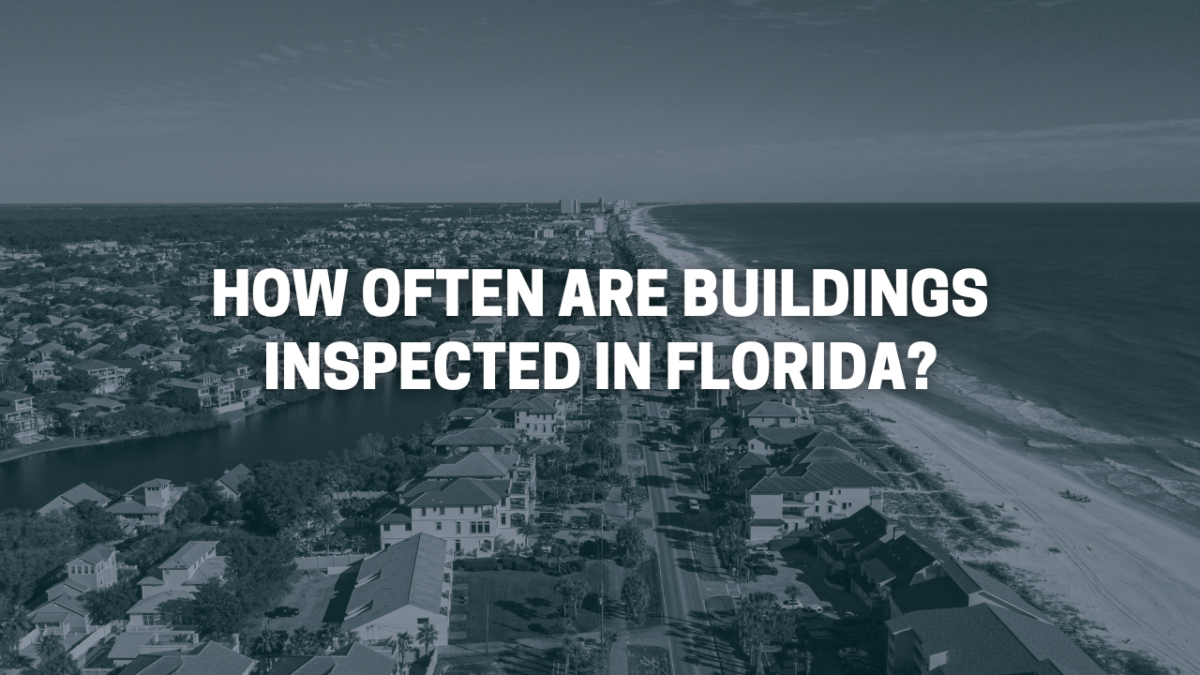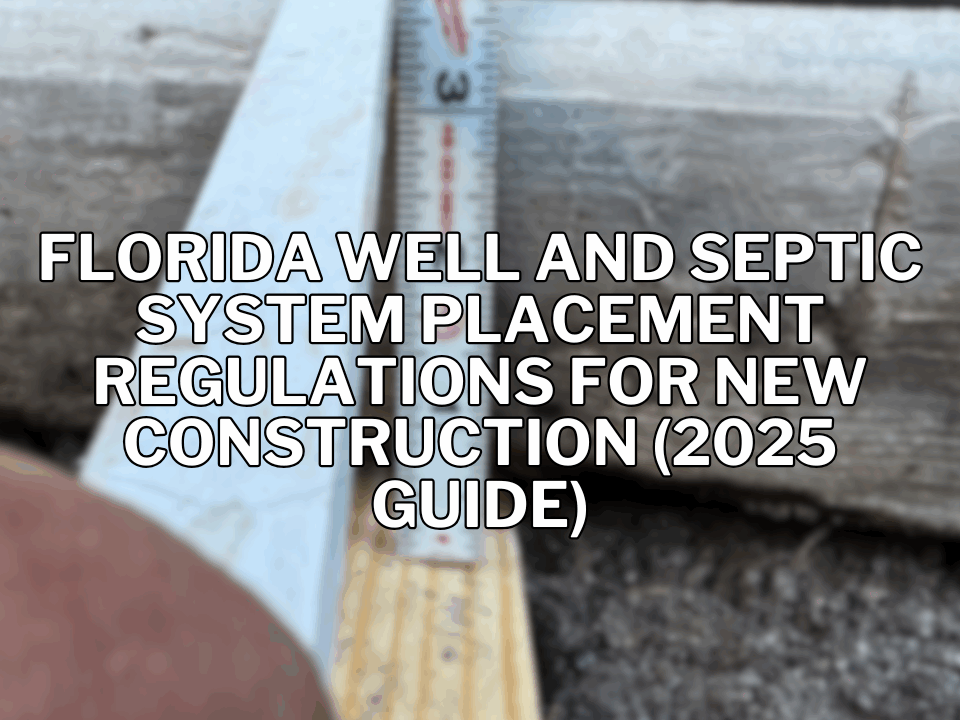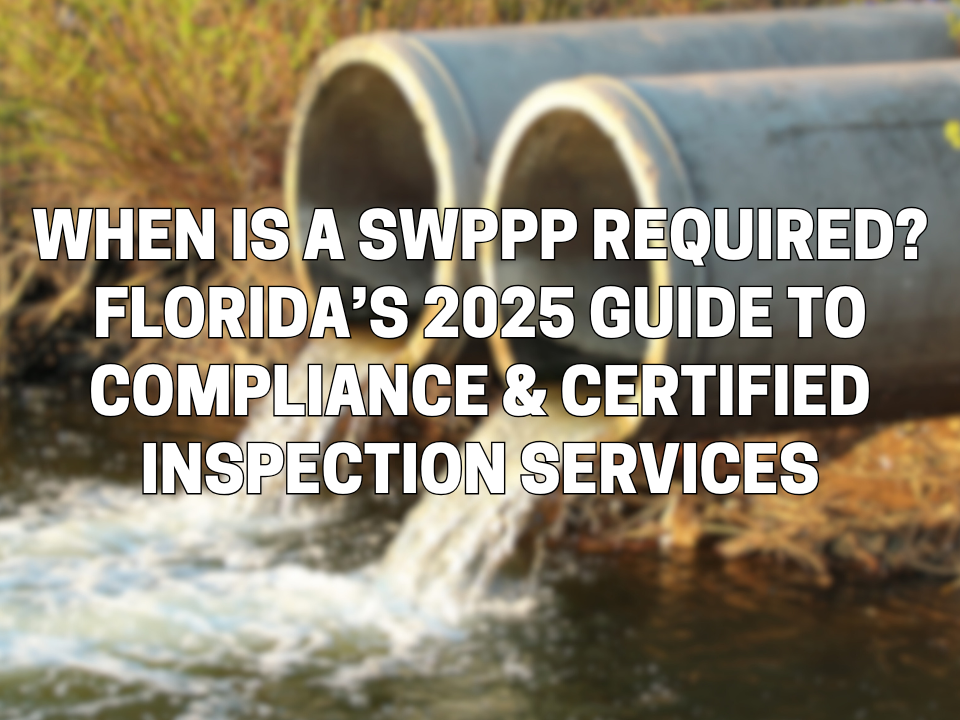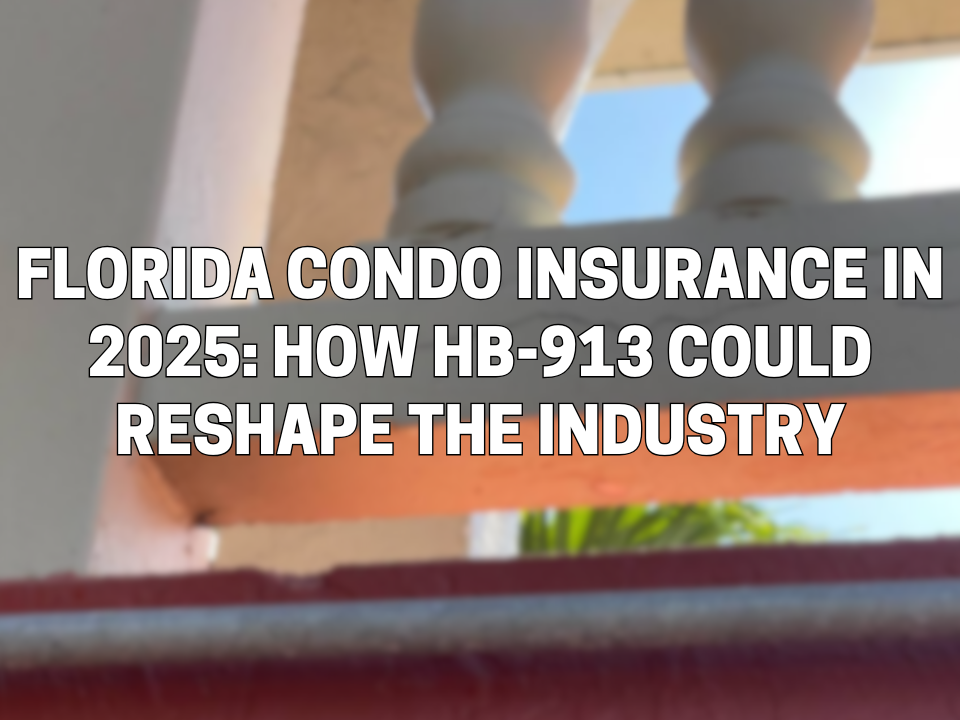Buildings face unique environmental challenges in the dynamic climate of Florida, making regular inspections not just a formality but a necessity. So, how often are buildings inspected in Florida? It depends.
Buildings are required to undergo a milestone inspection when they reach 30 years of age and subsequently every ten years. However, buildings within 3 miles of the coastline need to be reassessed at 25 years and every ten years thereafter.
Florida Engineering specializes in making these inspections seamless and comprehensive, safeguarding your property against the unforeseen and maintaining its top condition. We’ve completed more than 75k successful projects and saved our clients a combined $25 million and counting.
We’ll provide more insight into the common intervals your Florida building needs to be inspected at below. You’ll also learn why you can trust us to be your reliable partner in meeting Florida’s building inspection requirements! First, why are routine building inspections necessary?
Why Do Buildings Need to Be Regularly Inspected in Florida?
The combination of humidity, sea air, and severe weather events like hurricanes pose unique challenges to buildings in Florida. This makes regular inspections particularly critical.
Importance of Safety and Compliance
First and foremost, safety is paramount. Regular inspections help identify potential hazards – from structural weaknesses to electrical issues – before they escalate into serious problems.
These inspections ensure buildings comply with the latest safety regulations, a necessity in a state where building codes are frequently updated in response to environmental challenges and technological advancements.
Addressing Florida’s Unique Environmental Challenges
Florida’s climate can be tough on buildings. The high humidity, salt air in coastal areas, and the possibility of severe weather all contribute to wear and tear that can go unnoticed until it’s too late.
Regular inspections are vital in detecting issues like corrosion, water damage, or mold growth early on. This proactive approach not only preserves the building’s integrity but also reduces the likelihood of expensive, large-scale repairs in the future.
As you’ll discover below, this unique challenge means that buildings near the coastline need to be inspected sooner and more frequently than buildings inland.
Preventive Maintenance vs Reactive Repairs
Adopting a preventive maintenance strategy through regular inspections is far more cost-effective and less disruptive than reactive repairs. It allows property owners to schedule and budget for maintenance work, avoiding the surprise and expense of emergency repairs.
Preventive maintenance also extends the lifespan of a building, ensuring it remains a safe and pleasant place for occupants, and maintains or increases its market value. So, how often are buildings inspected in Florida?
How Often Are Buildings Inspected in Florida?
The frequency of building inspections in Florida has recently undergone changes to ensure that buildings, particularly condominiums, are safe and well-maintained. We’ll break it all down below to help you come up with an inspection schedule for your property.
Statutory Requirements for Different Types of Buildings
A licensed engineer or architect must conduct a visual evaluation for buildings once they reach 30 years of age, and then, every subsequent 10 years.
This frequency increases for buildings located within 3 miles of the coastline, where inspections are required for buildings older than 25 years. Following the initial inspection, these evaluations are mandated every ten years. That’s why Florida Engineering offers the following Florida condo milestone inspections:
- 25-year recertification
- 30-year recertification
- 40-year recertification
- 50-year recertification
- 60-year recertification
Special Considerations for Older Buildings
If there is evidence of significant structural damage during the initial inspection, a secondary, more detailed inspection is required. This step is crucial for older buildings where wear and tear are more pronounced, ensuring any critical issues are promptly addressed.
Impact of Recent Legislation on Inspection Frequencies
The new legislation also includes a provision for condo organizations to review their reserve funds every ten years. This review is integral to ensuring they have adequate financial resources to cover substantial repairs that may be identified during inspections.
If you believe this is something your building needs, you can count on us to help you stay compliant and ahead of financial expenditures. We offer both the structural integrity reserve study in Florida and traditional reserve study in Florida.
Tips on Getting Your Building’s Inspections Complete in a Simple, Seamless Manner
Navigating the process of building inspections in Florida can be streamlined with the right approach. Here are some specific tips to ensure your inspection is both thorough and efficient.
Planning and Preparation
Familiarize yourself with the specific inspection requirements for your building type, particularly in light of Florida’s recent legislation. Knowing the scope and frequency of inspections needed for your property is key.
You also need to keep detailed records of all maintenance, repairs, and upgrades. This information can be invaluable during inspections, helping to quickly address any queries the inspector might have.
Planning well in advance of your inspection is critical. This not only ensures compliance but also provides ample time for any necessary follow-up actions.
Choosing the Right Inspection Partner
As we’ve said a few times so far in this conversation, Florida Engineering is your trusted provider of all things building inspections in Florida. You can enjoy peace of mind by partnering with us no matter what your building needs.
That being said, here’s what you should prioritize when choosing an inspection partner:
- Verify Credentials: Choose a licensed and experienced engineer or architect who specializes in building inspections. Ensure they are familiar with Florida’s specific building codes and environmental factors.
- Check References: Look for a partner with a proven track record. Client testimonials and case studies can give you an idea of their reliability and thoroughness.
- Seek Clear Communication: Your inspection partner should be able to explain the process and findings clearly. A good communicator can make complex technical issues understandable, which is crucial for effective decision-making.
Addressing Findings Efficiently
The task isn’t complete once you’ve gotten your building inspected. You need to now address findings in a timely manner.
Prioritize your action items based on urgency and impact. Addressing critical safety issues should always be the top priority. Come up with a clear plan of action that includes timelines and budgeting for repairs and upgrades.
You can also use the inspection findings to improve your building’s long-term maintenance plan. This can help in avoiding similar issues in the future and in maintaining the overall health of the building.
Discover Why Florida Engineering is the State’s Trusted Provider of Building Milestone Inspections!
With over 100 years of collective experience and the completion of more than 75,000 projects, our expertise spans a wide range of services, ensuring comprehensive and efficient milestone inspections.
We’re known for delivering plans quickly and reliably, with a team of over 20 in-house engineers ready to meet your needs. Our approach focuses on client satisfaction, value engineering, and efficient workflow, leading to estimated customer savings of $25 million.
Trust us to provide thorough inspections that safeguard your property and maximize its value. Get a quote today at Florida Engineering to learn more and let us eliminate all stress and uncertainty surrounding your building’s inspection needs.
Closing Thoughts on How Often Florida Building Inspections Are Conducted
So, how often are buildings inspected in Florida? It depends on the proximity to the coast and the age of your building.
If you’re inland, you need to get your building inspected once it hits the 30-year mark. Buildings along the coastline need to be inspected after 25 years. Wherever your building is located, you need follow-up inspections every 10 years after your initial inspection.
We hope this conversation on the Florida building inspection frequency has offered you clarity on your next steps as a property manager or real estate owner.
Reach out to us for expert guidance and support, ensuring your property not only meets these new standards but thrives under them. Let’s work together to safeguard your investment in Florida’s dynamic real estate landscape. With us, you gain not just a service provider, but a strategic partner committed to the longevity and success of your property.

